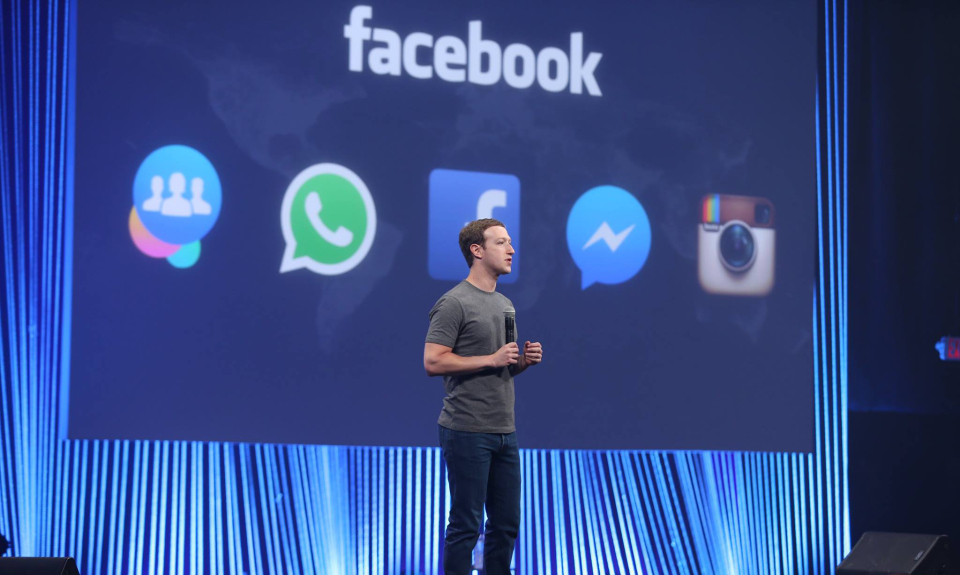 APPS
APPS
 APPS
APPS
 APPS
APPS
Facebook Inc. is said to be in the early stages of a large-scale project to merge the infrastructure behind Messenger, WhatsApp and Instagram into a unified messaging backend.
The plan was reported by The New York Times today. Citing four people familiar with the matter, the paper said that the initiative involves thousands of Facebook employees and is expected to be completed by the end of this year or early 2020.
A spokesperson for the social networking giant tacitly confirmed the push in a statement. “We want to build the best messaging experiences we can; and people want messaging to be fast, simple, reliable and private,” the representative said.
The integration is expected to result in major changes to how Facebook’s messaging services work. According to one of the insiders who spoke to the Times, users will gain the ability to send texts from one service to another, which could make it simpler to keep up with contacts across the Facebook ecosystem. And the messages users send will be protected by an extra layer of security.
Facebook reportedly plans to equip its future unified backend with end-to-end encryption. End-to-end encryption is method of scrambling texts before they leave a user’s device in a way that only the intended recipients can read them. In theory, this means that Facebook won’t have the ability to view members’ correspondence.
Only WhatsApp has end-to-end encryption enabled by default today, while Messenger offers it as an option. Instagram lacks a comparable feature. Facebook’s plan to more broadly implement for technology may be an attempt to mitigate any privacy concerns that the integration effort could raise among users.
According to the Times, the initiative has already attracted criticism inside the company. Dozens of WhatsApp employees reportedly “clashed” with Facebook Chief Executive Mark Zuckerberg (pictured) over the plan. One of the privacy concerns at issue is that a certain percentage of WhatsApp’s 1.5 billion users signed up using their phone numbers, which could potentially be matched to their Facebook accounts once the backend infrastructure is merged.
Facebook is already facing a great deal of scrutiny over its data privacy practices. However, the company appears to be willing to risk drawing additional criticism with the integration effort. That’s because the cross-service messaging support and enhanced security could give Facebook’s services a potentially valuable edge over rivals, boosting user engagement.
Support our open free content by sharing and engaging with our content and community.
Where Technology Leaders Connect, Share Intelligence & Create Opportunities
SiliconANGLE Media is a recognized leader in digital media innovation serving innovative audiences and brands, bringing together cutting-edge technology, influential content, strategic insights and real-time audience engagement. As the parent company of SiliconANGLE, theCUBE Network, theCUBE Research, CUBE365, theCUBE AI and theCUBE SuperStudios — such as those established in Silicon Valley and the New York Stock Exchange (NYSE) — SiliconANGLE Media operates at the intersection of media, technology, and AI. .
Founded by tech visionaries John Furrier and Dave Vellante, SiliconANGLE Media has built a powerful ecosystem of industry-leading digital media brands, with a reach of 15+ million elite tech professionals. The company’s new, proprietary theCUBE AI Video cloud is breaking ground in audience interaction, leveraging theCUBEai.com neural network to help technology companies make data-driven decisions and stay at the forefront of industry conversations.